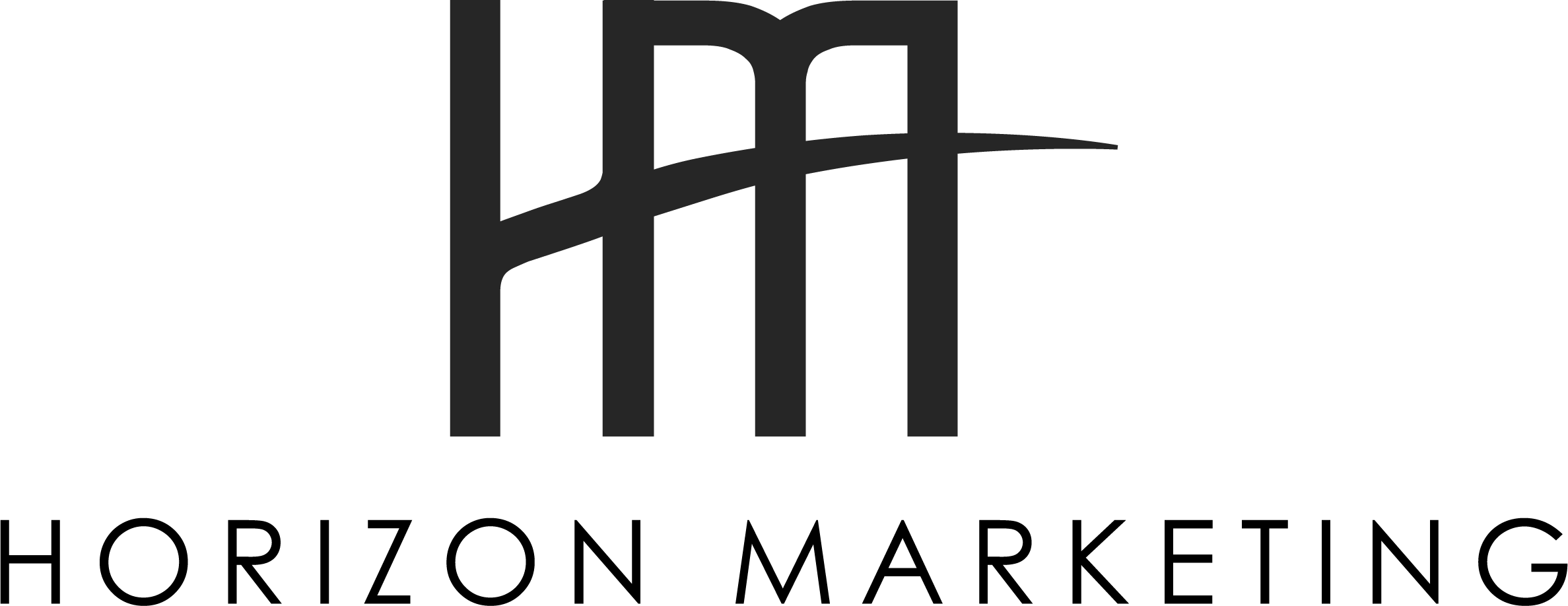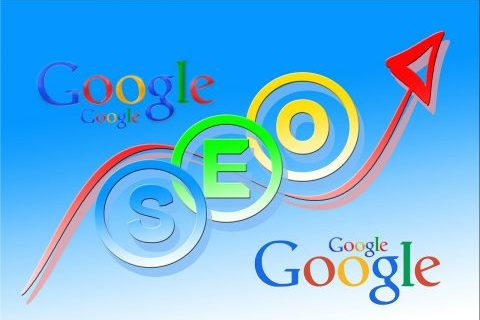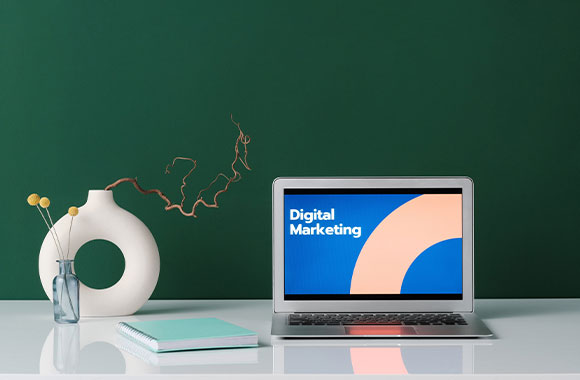Meta is undouble getting all investor’s love since 2023 when Mark Zukerberg quietly sidelined Metaverse and focused on advertising. Its share price has skyrocketed over 400% like Bitcoin without the roller-coaster drops. While Alphabet has been, well rather lukewarm.
Some analysts even predict Meta will overtake Alphabet in market value soon. But why? Without diving into balance sheet and cash flow, from a marketing view, the answer is as clear as an Instagram filter: Meta is your friendly companion, while Google has turned into that overcomplicated know-it-all.
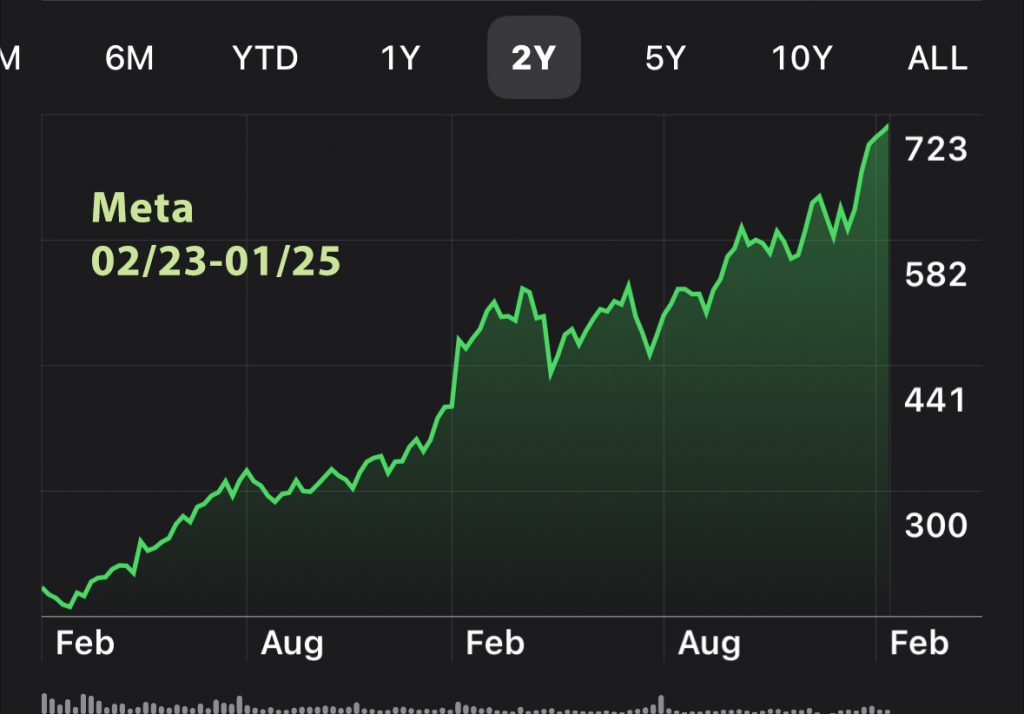
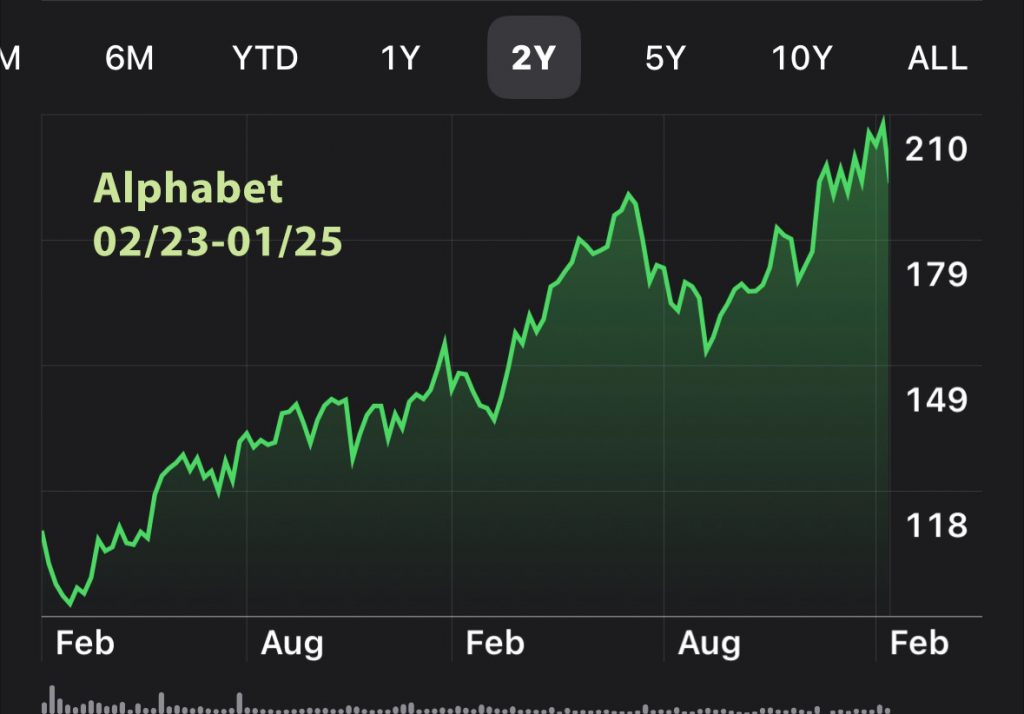
Meta: Your Digital Buddy
Meta makes hanging out online easy. With 3 billion users spending over half an hour daily scrolling (Meta Investor’s Report 2023), it’s perfected the art of subtle advertising—gently nudging users with relevant content that feels like it belongs. Ads don’t scream; they whisper, making the whole experience more organic and less “BUY THIS NOW!”
This approach aligns with traditional marketing principles: Meta acts as a gentle push, delivering content at the right moment when users might need or want it.
The company has invested heavily in refining its AI to ensure these suggestions feel natural, increasing engagement and conversion rates.
Google: A Search Engine Turned Maze
Of course, Google facing some unique challenges in AI era, however, in its quest to interpret search intent, it has made things unnecessarily complex.
Google used to give us clear, authoritative results. Now? You must fight through AI summaries, sponsors’ ads, and endless “People also ask” dropdowns before reaching actual organic content. At times it’s like ordering a burger and receiving a three-page menu instead.
This shift makes Google’s experience feel more like an over-engineered pull—forcing users (and advertisers) to work harder for results.
While search intent remains crucial, Google’s increasingly complex presentation may be alienating users who just want a simple answer without jumping through hoops.
Marketing Takeaway: Keep It Simple
Meta’s winning because it blends ads seamlessly into our digital habits, while Google’s making us work too hard. The lesson? Users love clarity. Don’t overcomplicate things—whether you’re running a search engine or a marketing campaign. The easier you make it, the happier (and more engaged) your audience will be.

